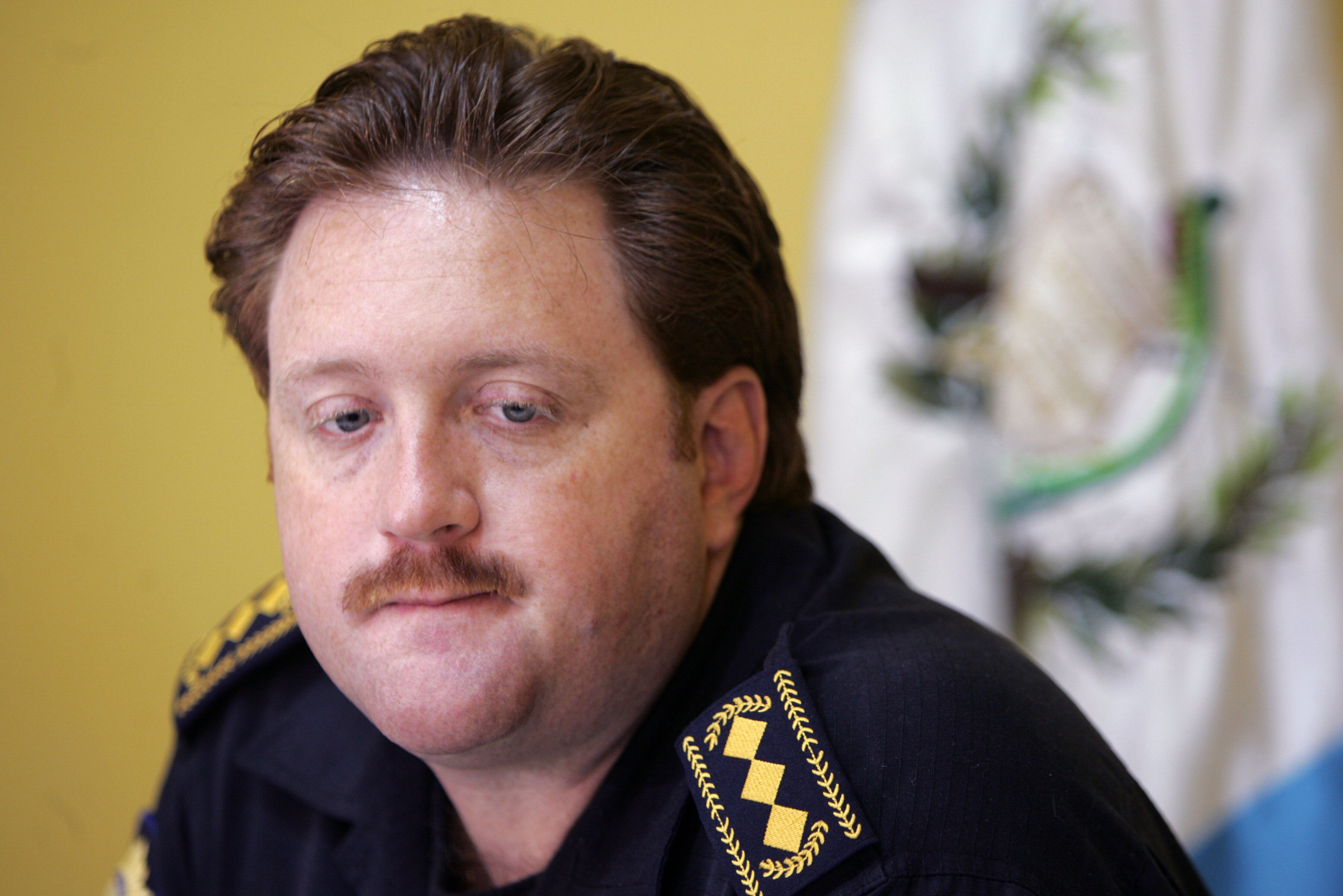Guatemala police chief faces Geneva court

The trial of the former head of Guatemala’s national police has opened in Geneva. Erwin Sperisen, who has dual Swiss-Guatemalan citizenship, is accused of planning, ordering or committing the extrajudicial killings of Guatemalan prisoners between 2005 and 2006.
Sperisen allegedly asked his subordinates to make it seem as though ten detainees had clashed with police in three separate incidents before they were shot.
According to the Geneva prosecutor’s office, Sperisen, because of his rank, played a decisive role in the killings. In one case, he allegedly carried out one of the executions himself.
Sperisen is notably believed to have ordered the execution of three prisoners who attempted to escape from a prison centre in November and December 2005, with the scene altered to make it seem like there had been a shoot-out with the police.
In 2006, seven detainees were also allegedly executed as the Guatemalan security forces attempted to regain control of the Pavon prison, which had been taken over by inmates. The defence has claimed that the prisoners were killed during clashes with the police, but a United Nations commission found they were planned extrajudicial killings.
Twenty witnesses
Sperisen, who was born into a wealthy and powerful Guatemalan family, has said he is not guilty, stating to the Tribune de Genève newspaper in 2010 that he had never ordered executions.
The accused is considered by the prosecutor to be guilty of murder. Sperisen’s lawyers are asking for his acquittal.
Twenty witnesses will appear at the trial, including a former French detainee who claims to have seen Sperisen kill a prisoner.
The prosecutor is expected to demand a prison sentence of more than ten years. However, there have been questions raised about the plaintiff, the mother of one of the murdered prisoners, who will not be in Geneva for the case.
According to the Illustré magazine, she was not aware of the trial taking place and did not realise there were two lawyers acting in her name. She claims she did understand the significance of the documents she signed.
The former Guatemalan police chief was forced to resign in 2007 after the assassination of three Salvadorian members of parliament and their driver, followed by the murder in prison of the four police officers arrested for the crime by security officers under Sperisen’s authority.
No extradition
Sperisen was arrested on August 31, 2012, while he was living in Geneva. He moved to Switzerland after his resignation and lived much of the time after that in the home of his father, who was Guatemala’s representative at the World Trade Organization.
He was questioned 11 times by investigators, always denying any involvement in the deaths of the prisoners. Fourteen witnesses made the trip to Geneva from France, Guatemala and Spain to give evidence, while further elements were collected from abroad.
Because Switzerland does not extradite its citizens, Sperisen is on trial in Geneva. He inherited his citizenship from his father, whose family is originally from Solothurn. Swiss law imposes legal proceedings for crimes committed abroad by Swiss nationals when the person lives in Switzerland.

In compliance with the JTI standards
More: SWI swissinfo.ch certified by the Journalism Trust Initiative










You can find an overview of ongoing debates with our journalists here . Please join us!
If you want to start a conversation about a topic raised in this article or want to report factual errors, email us at english@swissinfo.ch.